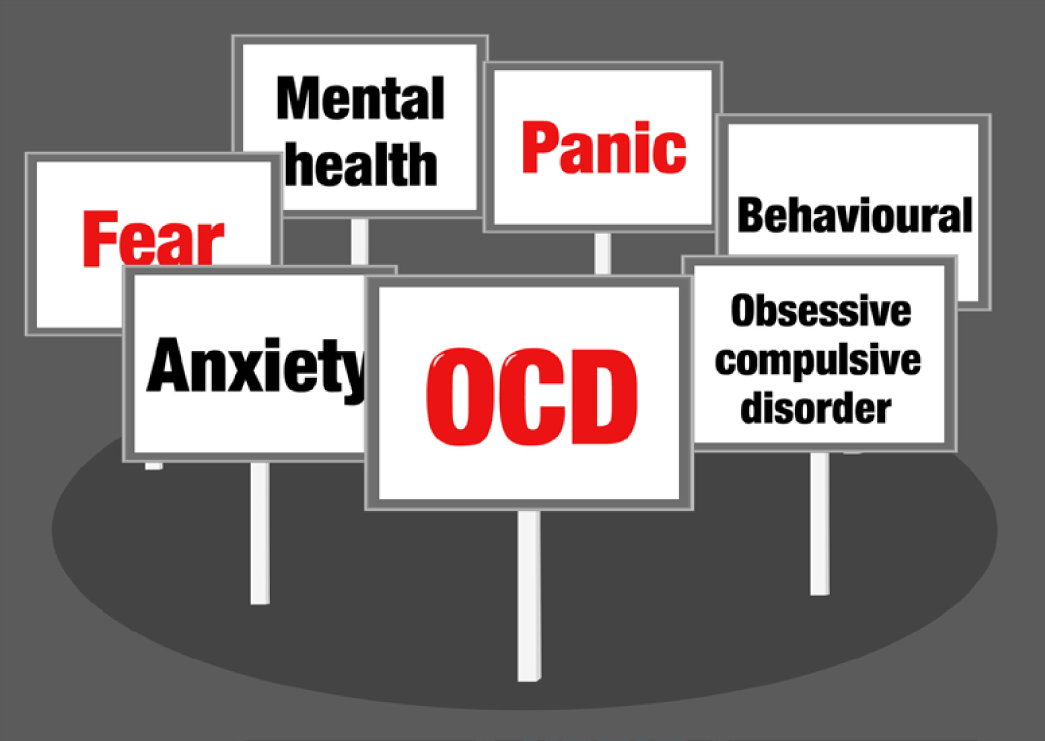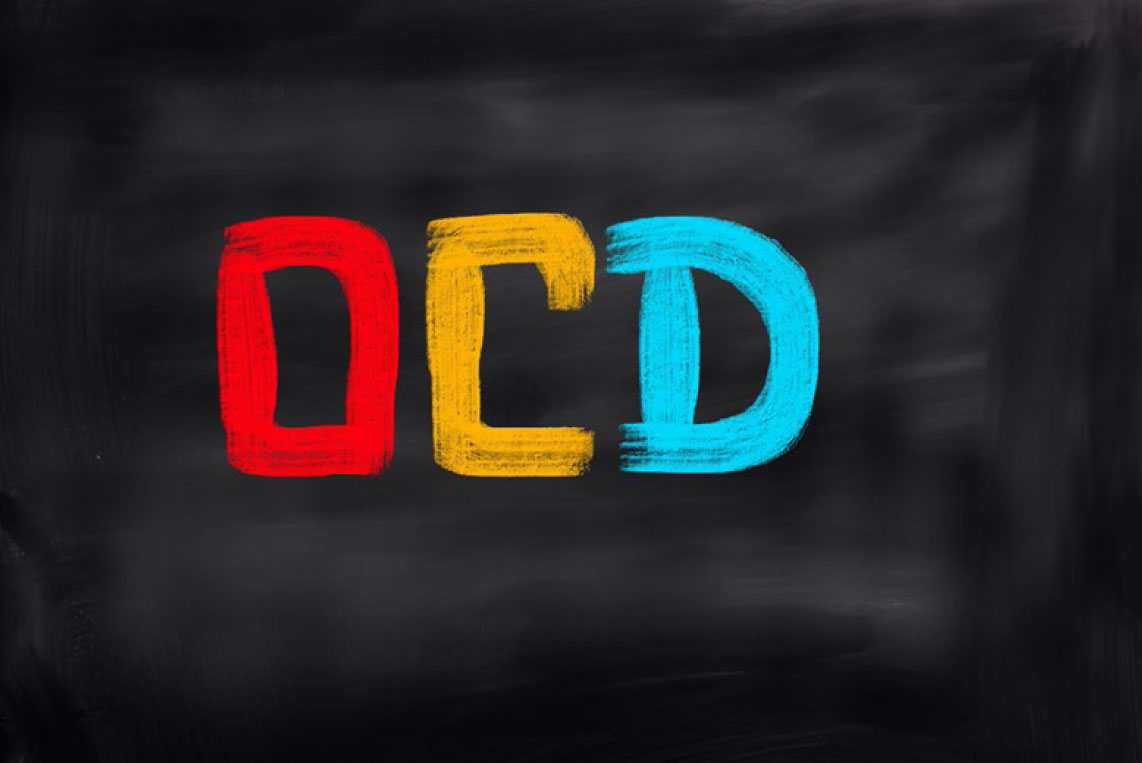
First published in Mental Health Matters, SADAG, April/May 2021
By Christine Lochner* & Clara Marincowitz
SA MRC Unit on Risk and Resilience in Mental Disorders, Department of Psychiatry, Stellenbosch University, South Africa
*Corresponding author
INTRODUCTION
It has been a little over a year since the first COVID-19 case was detected in South Africa. At the time, the disease was predominantly shrouded in mystery and humankind was faced with uncertainty. Now, many lockdowns later, we know a lot more – not just about the virus, quarantine and its treatment, but also about the impact of COVID-19 on mental health. In addition to the fear of contracting the virus and the unpredictability of its course, there are the extensive changes to our daily lives in an attempt to contain the pandemic. Faced with the new realities of restricted movement, working from home, unemployment or reduced income, home-schooling, and lack of physical contact with others, the impact on mental health cannot be doubted. Moreover, it may be argued that in no other disorder can the impact of the global pandemic be more prominent than in obsessive-compulsive disorder (OCD).
OCD 101
OCD affects approximately 2-3% of adults, suggesting that, in South Africa, there could currently be about 1.2 million people living with this illness. Alarmingly, sub-threshold OCD may have an even higher prevalence. OCD is a debilitating mental disorder that is characterised by recurrent disturbing intrusive thoughts (termed obsessions), and compulsions that involve repetitive and time-consuming behaviours or mental rituals. Some sufferers have intrusive thoughts relating to a fear of contamination. These thoughts are then associated with compulsive cleaning rituals such as repetitive hand washing. Other intrusive fears may be centred around symmetry and order (leading, for example, to ritualistic arranging and organising) or harm-related worries (such as fears of inadvertently hurting someone) followed by constant checking to prevent these bad or harmful things from happening. These are just a few examples of the symptom clusters typically reported by people with OCD.
COVID-19 AND ITS IMPACT ON OCD: WHAT DOES THE RESEARCH SAY THUS FAR?
In terms of the COVID-19 pandemic, OCD symptoms relating to contamination obsessions and cleaning compulsions are of particular interest. We know that about half of people with OCD present with this type of symptom cluster. While frequent handwashing and sanitising are certainly necessary for preventing the spread of COVID-19, their effects on this subset of individuals with OCD may be a cause for concern. It seems natural that increased anxiety about the virus could worsen existing obsessive fears of contamination and exacerbate compulsive washing and cleaning. Additionally, the global pandemic may even trigger de novo contamination fears in some people with OCD. For example, in Turkey, researchers reported a significant increase in the frequency of contamination obsessions and cleaning compulsions in children and adolescents with OCD during the pandemic compared to before. In adults in Italy, researchers showed an increase in OCD severity, especially with those suffering from the contamination symptom cluster being affected. Worryingly, people with OCD who were in remission before the pandemic also tended to relapse. An online survey among university students in China suggested the intensity of the fear of COVID-19 played a part in OCD symptoms and that the level of lockdown was identified as a possible contributing factor. Findings from the research are mixed however. A study in a Danish cohort of children and adolescents with OCD reported a direct link between COVID-19 and the intensification of obsessive- compulsive symptoms couldn’t be established. A Dutch online survey also didn’t show significant increases in symptom severity in adults with depression, anxiety, or OCD during the pandemic.
Yet, interestingly, the findings of this study did suggest that healthy individuals suffered from an increase in mental health symptoms as a result of COVID-19.

TREATMENT FOR OCD: GUIDELINES UNDER COVID-19
Special treatment guidelines for the management of OCD under COVID-19 have recently been published. These guidelines emphasise psychoeducation and balanced information, i.e. suggesting that it’s important to stay home when possible, but also to continue with “normal” activities, like going out and do what they have to do while practicing physical distancing, sanitising often, and wearing a mask. Internet usage and news consumption should also be limited as the constant bombardment of reports on COVID-19 (some of which are not always accurate) may aggravate OCD and anxiety.
As we have all learned during this pandemic, research often delivers a mixed bag of results, leading to frustration when answers are being sought, especially if it concerns something as important as our physical and mental health and that of loved ones. Moreover, research data come from samples, which differ vastly in terms of the people, places and surroundings being studied – resulting in an infinite number of variables and potentially conflicting results. Fortunately, with time, as more data are collected, trends do tend to emerge, and conclusions increase in certainty. For this reason, more research is necessary, and this is where South Africans – whether they have OCD or not – can also contribute.

OCD RESEARCH IN SOUTH AFRICA
Researchers have gained much insight into the causes of this disorder by comparing the brains of people with OCD to the brains of those without the condition. In South Africa, research on OCD is currently being conducted at the MRC Unit on Risk and Resilience in Mental Disorders, a cross-university unit between Stellenbosch University and the University of Cape Town. A global study, involving this unit, as well as sites in the USA, Brazil, the Netherlands and India, is working hard to gain knowledge about the multiple brain circuits implicated in OCD by conducting clinical interviews, sophisticated neurocognitive testing and brain imaging. The long-term aim of this project is to streamline the treatment of OCD by targeting the specific brain circuits involved in its development and maintenance more effectively. So far, the evidence suggests that the circuits regulating functions such as fear, subjective sensory experiences, habitual behaviours, reward and executive function seem to underpin OCD. This is a work in progress, and additional participants are needed.
Please visit our website at global-ocd.org, or our Facebook page, @OCDRSA for more information. To get in touch personally, email the principal investigator, Prof Christine Lochner at CL2@sun.ac.za. If you would like more information on the impact of COVID-19 on mental health, visit the Mental Health Information Centre of Southern Africa at www.mentalhealthsa.org.za.
Download this article
References are available on request.